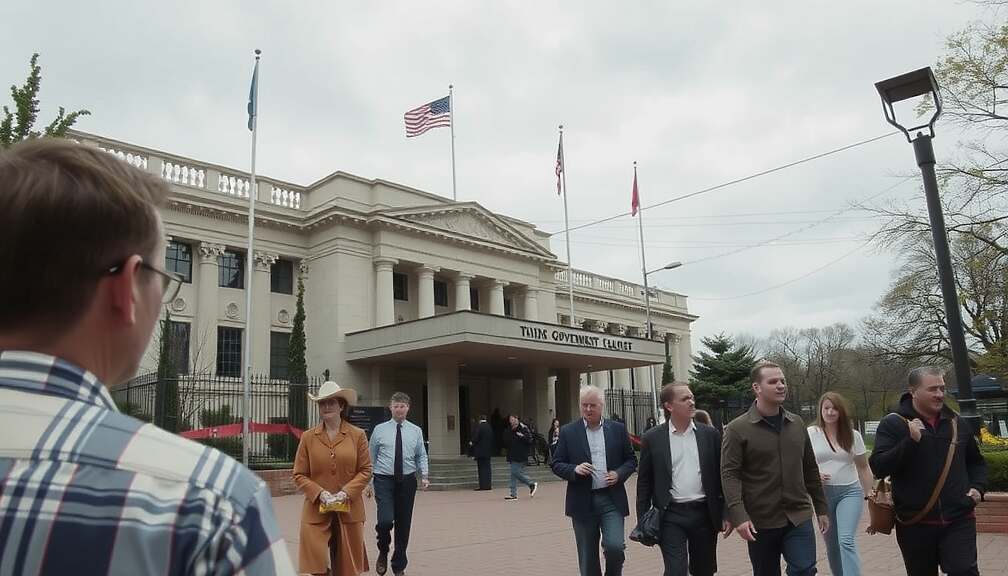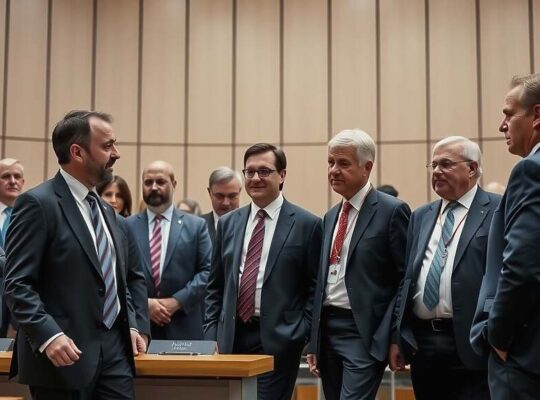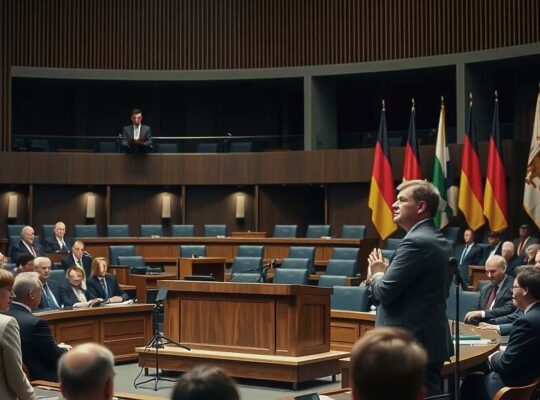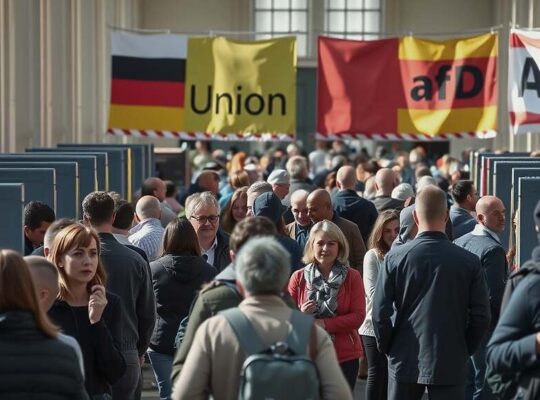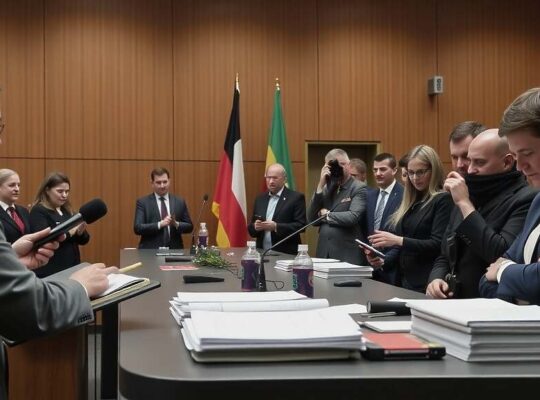The Christian Democratic Union (CDU) and Christian Social Union (CSU) factions are resolutely defending a controversial conscription law compromise, despite internal resistance within the Social Democratic Party (SPD) caucus. The agreement, incorporating a lottery system to supplement voluntary recruitment, aims to address Germany’s obligations regarding troop strength and ensure defense capabilities.
Alexander Hoffmann, CSU’s parliamentary group leader, affirmed in an interview with the Frankfurter Allgemeine Zeitung that the Union factions maintain “unequivocal support” for the negotiated outcome. He emphasized the need to strike a balance between voluntary enlistment and a mandatory element triggered only when recruitment targets are unmet, arguing that failure to meet alliance commitments would be an unacceptable risk.
However, the path to legislative approval has been fraught with tension. While the proposal emerged from cross-party negotiations involving SPD and CDU/CSU representatives, Defense Minister Boris Pistorius publicly criticized the compromise during an SPD caucus meeting on Tuesday, forcing the cancellation of a planned public presentation. This incident underscores the fragility of the agreement and suggests deep-seated disagreements regarding the future of Germany’s conscription policy.
Notably, Norbert Röttgen, Deputy Chairman of the CDU/CSU parliamentary group, expressed skepticism regarding the bill’s effectiveness, stating that “the Pistorius draft will not make the Bundeswehr capable of defense”. While acknowledging the absence of readily available alternatives, Röttgen indicated a willingness to consider improved proposals, signaling potential for further revisions and highlighting the inherent limitations of the current compromise.
The first reading of the draft legislation is scheduled for Thursday, expected to trigger renewed debate and expose the underlying political fractures over Germany’s military preparedness and the scope of civic duty. The disagreement highlights a broader challenge: reconciling electoral promises and public expectations concerning national security with the practicalities of modern military recruitment and the potential for compulsory service.


